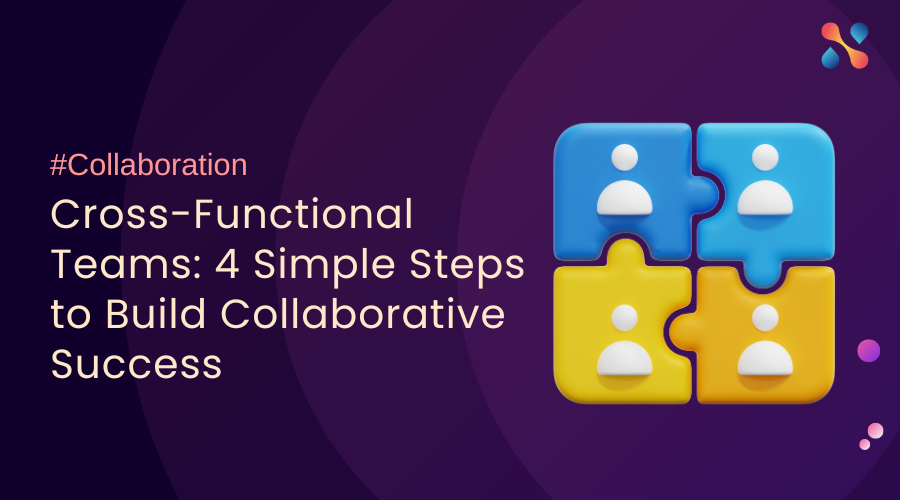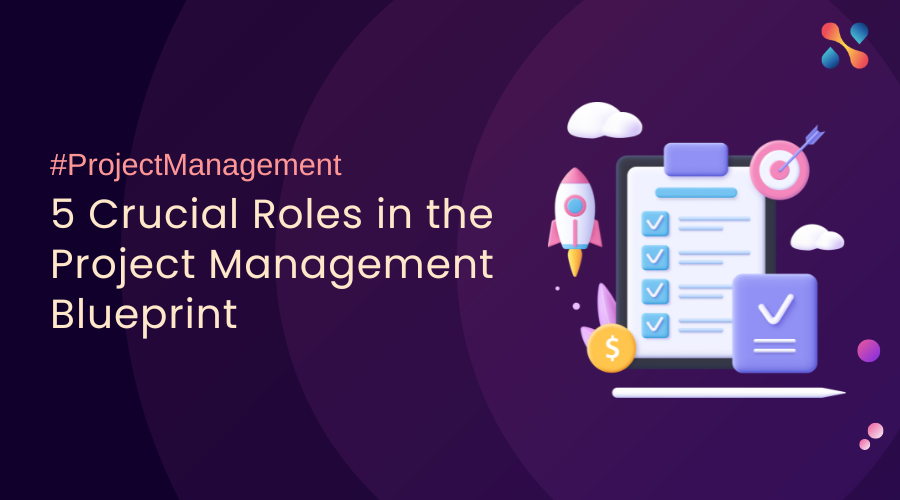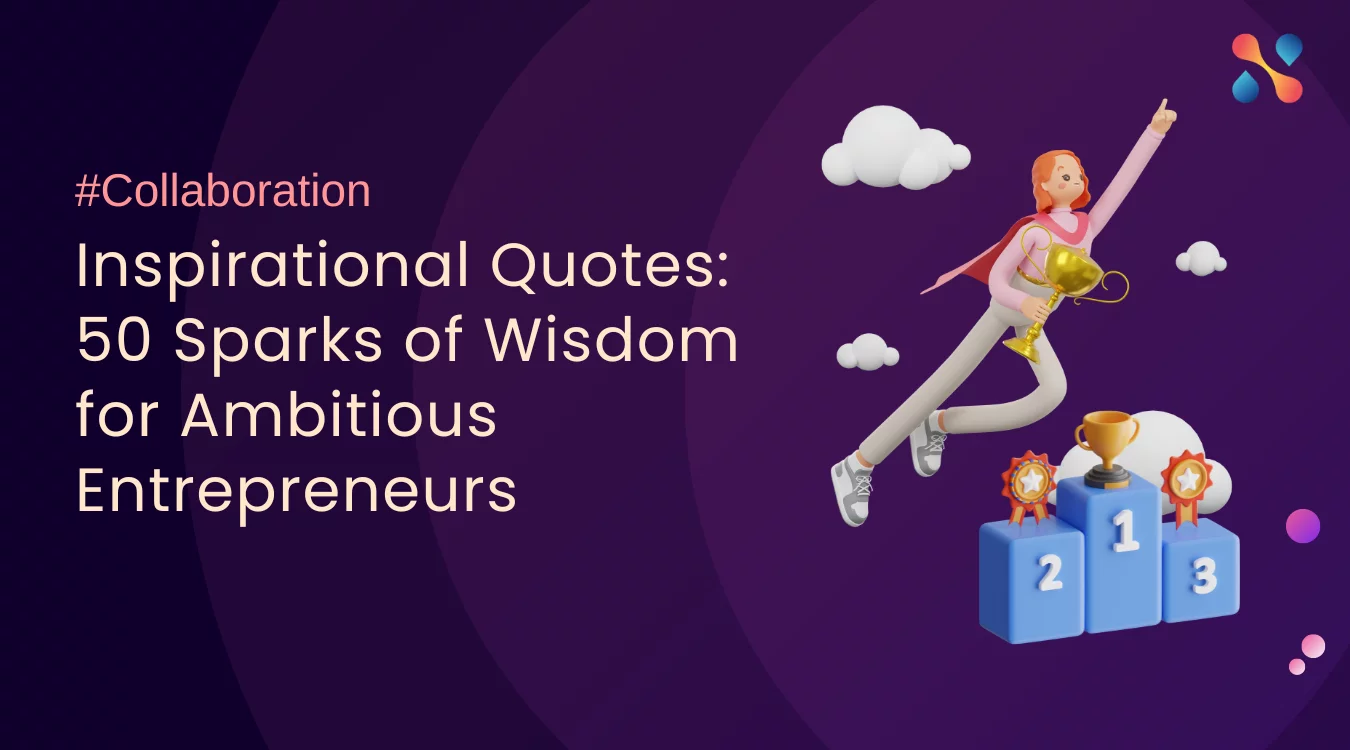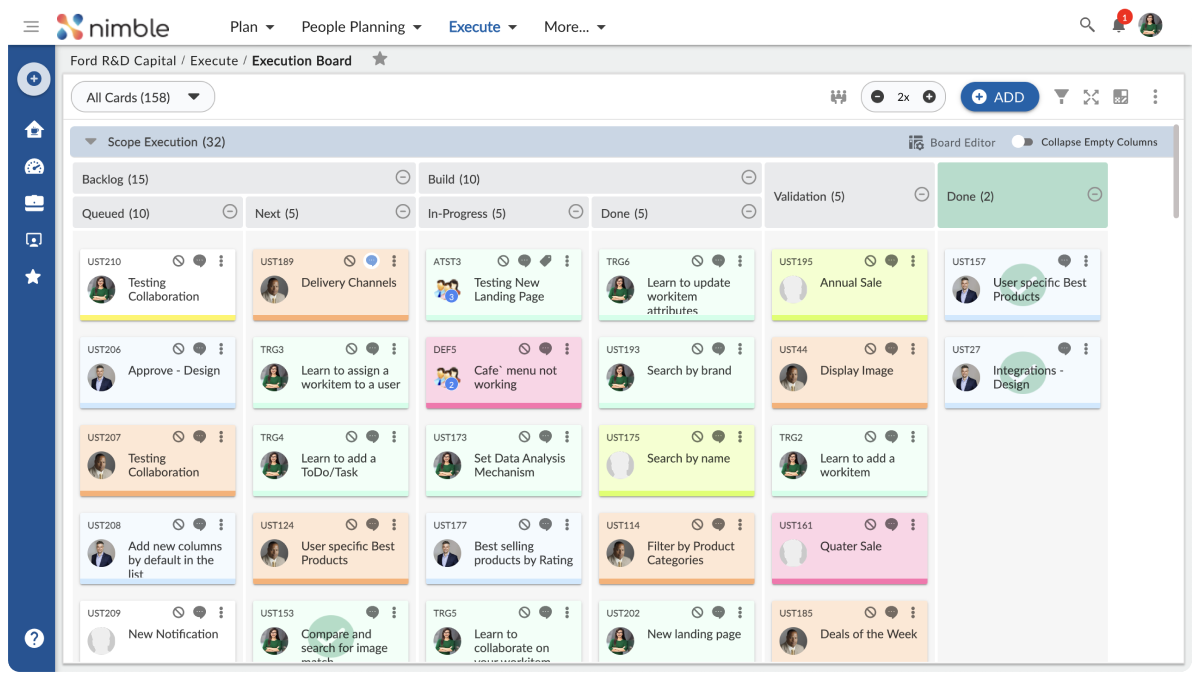Satya Nadella, CEO of Microsoft, said that his “quest” is to create a company “where people find deep meaning at work”. This struck me as very different. CEOs normally don’t talk of “quest” and “deep meaning”, they usually talk of stuff like increasing market share, profits, innovation, etc. Many questions kept popping in my mind; like- –Is he really serious about “deep meaning at work” thing? We understand it benefits the individual, but does it benefit the company? Do employees who find deep meaning at work create a better company?
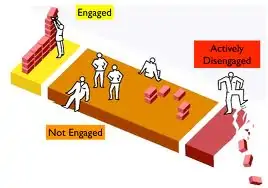
As I started to think and research this more I hit upon this study by Gallup organization. The study found that only 13% of employees worldwide are engaged at work. In other words, about one in eight workers are psychologically committed to their jobs and likely to be making positive contributions to their organizations. The study found that the bulk of employees worldwide — 85% — are “not engaged,” meaning they lack motivation and are less likely to invest discretionary effort in organizational goals or outcomes. And even worse, 24% are “actively disengaged,” indicating they are unhappy and unproductive at work and liable to spread negativity to co-workers.
These are incredible numbers, if you think about it. All the advancement in IT, technology, systems, processes, measurements, communication, and management techniques seem to have come to nought. It has been clear for some time now that the knowledge workers of today are not optimally managed by the existing management practices which have its genesis in the industrial era. The conventional idea of problem solving by increasing systems, processes and measurements seldom get the desired results today. In most cases, the increase makes matters worse. Most of these initiatives, despite their genuinely good intentions, end up creating more complexity, which of course, needs more managerial bandwidth and manager reviews and meetings. Many companies are coming to the realization that managers and meetings have become the bane of the knowledge worker productivity.
Employee Motivation and Engagement
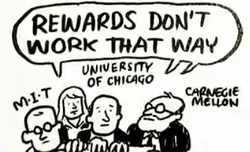
It is now becoming clear that one of the key things affecting employee motivation is a clear definition of what is expected of them and their associated deliverables. An even more important thing is attunement.
We all understand the importance of clear expectation and deliverables. However, what is “attunement”? Attunement is a kind of connection to the company’s purpose and goal. For me personally, it has been one of the reasons I have chosen the various jobs, roles and responsibilities in my career. Almost all of them have a clear connection to the company’s purpose and goal. In all cases I have a very good sense that what I do has a direct impact on the company’s goal.
According to Gallup, “the complexity lies in the employees’ understanding of not only what is expected of them as individuals, but also how their individual efforts coordinate with their immediate workgroups to benefit the larger company. The trickiest aspect is helping employees understand the expectations well enough to adjust to changing circumstances.”
If employees understand on an ongoing basis how their individual efforts coordinate with their immediate workgroups to benefit the larger company, it gives them a deep sense of purpose and meaning to their work. It makes their work meaningful in the larger context. It gives them a clear and unambiguous message that their work matters greatly to the company. This is especially crucial in today’s world where many different teams, often geographically distributed globally, come together to work on a project/ initiative or product.
When teams are bound by the same compelling vision, they routinely do magic. They do work that was hitherto thought impossible. They challenge boundaries, norms and produce extraordinary results. Software product teams and companies do more in two months what they would have normally achieved in a year. In all these cases the traditional rewards (money, etc) are completely absent. How does one explain this manifold increase in productivity? We will explore some of this and other related issues in my next blog.
Raghunath Basavanahalli
CHIEF BUSINESS OFFICER

